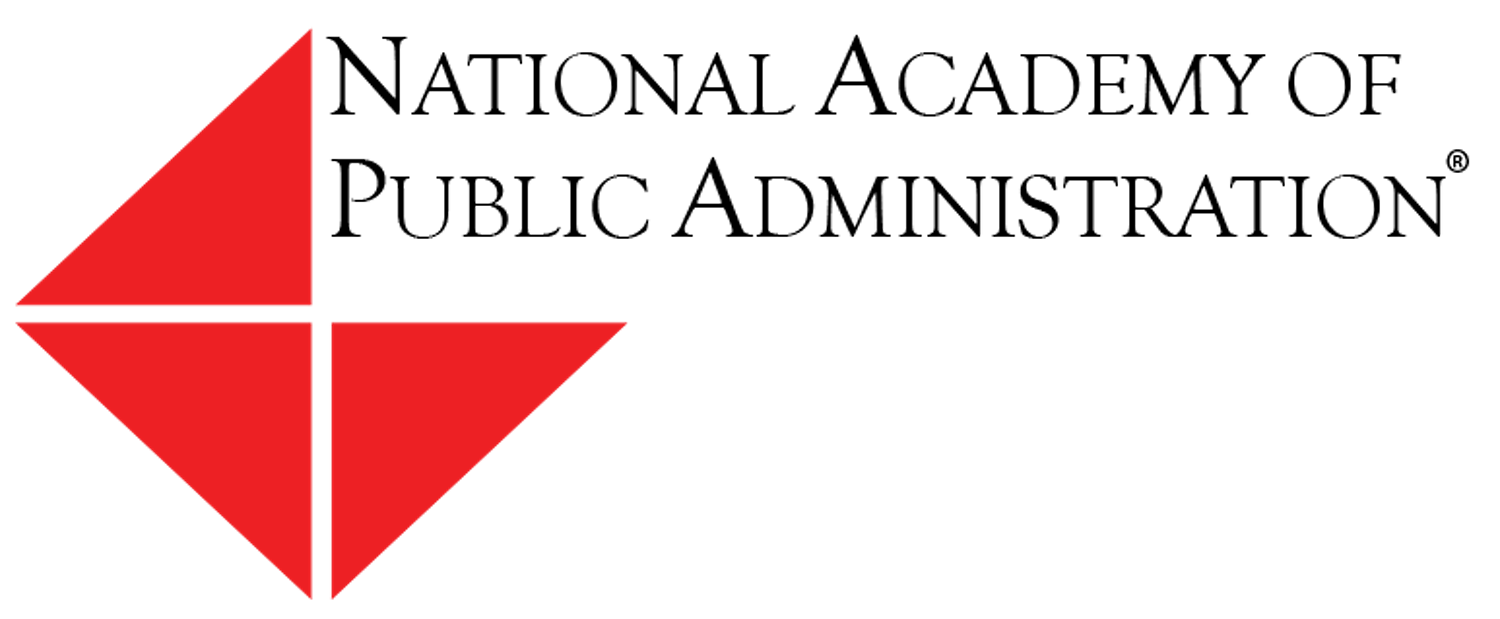
National Academy of Public Administration Releases Panel Report for Social Security Administration on Sources and Access to State Death Data
Contact:
Betsy Holahan
bholahan@greatpointstrategies.com
Post Date: August 08, 2022
Report analyzes potential options to improve intergovernmental sharing of data
WASHINGTON, D.C. – A Panel of the National Academy of Public Administration today released a new report for the U.S. Social Security Administration (SSA) on current and potential sources for, and access to, state death data that is used by federal agencies for program administration and payment integrity. The Panel report identifies and analyzes potential options for improved intergovernmental sharing of data.
“A Report to Congress on Sources of and Access to State Death Data” provides a Congressionally requested analysis of state vital records offices (VROs) and the challenges they face in producing and managing death data; federal usage of state-provided death data and the unmet needs for this data within the federal government; and the appropriate roles of the states, the federal government and Congress in this process. The Panel report outlines six key findings as well as a series of options for future intergovernmental sharing of death data.
“Accurate and timely information on citizens who have passed away plays a key role in the federal government’s ability to reduce improper payment of Social Security benefits, identify those who are eligible for survivor benefits, and strengthen program administration,” said Academy President and CEO Terry Gerton.
“Our Panel report encourages better intergovernmental cooperation by outlining potential options for providing federal agencies with access to state death data,” said Gerton. “Federal and state governments have different perspectives, but we believe that they can develop a solution that ensures data security, provides appropriate compensation for all parties, and supports agencies’ efforts to reduce improper payments and improve program integrity.”
The Panel report identifies three potential options for future data sharing – continuing the current SSA process; designating an agency as the distributor of state death data; and creating a non-governmental data clearinghouse – and analyzes each for their strengths and limitations by considering the criteria of “Cost and Reimbursement,” “Data,” and “Federalism, Roles and Responsibilities of Relevant Entities” from both the state and the federal perspectives.
- Option One is that SSA continues to be responsible for collecting and disseminating state death data among federal benefits paying agencies. This represents the current process, with the exception that the U.S. Department of Treasury’s Do Not Pay (DNP) program will gain direct access to SSA death data for three years beginning in December 2023.
- Option Two is that another agency, such as Treasury’s DNP, is responsible for distributing state death data among federal agencies. Under this option, once SSA collects death data from the states, DNP provides death data files or data-matching services to federal agencies to reduce improper payments. SSA does not share death data files with other federal agencies.
- Option Three is that a third-party, non-governmental organization such as the National Association of Public Health Statistics and Information Systems (NAPHSIS), serves as the death data clearinghouse. Under this option, once SSA collects death data from the states, NAPHSIS serves as the sole source for federal agencies to access state death data. SSA and DNP do not serve as an alternative or supplemental source.
To read the full report, including specific findings and the analysis of the three options that can inform future decision making and provide guidance for continued improvement to program integrity, click here.
About the National Academy of Public Administration
Chartered by Congress to provide non-partisan expert advice, the Academy is an independent, non-profit, and non-partisan organization established in 1967 to assist government leaders in building more effective, efficient, accountable, and transparent organizations. Learn more at www.napawash.org
###